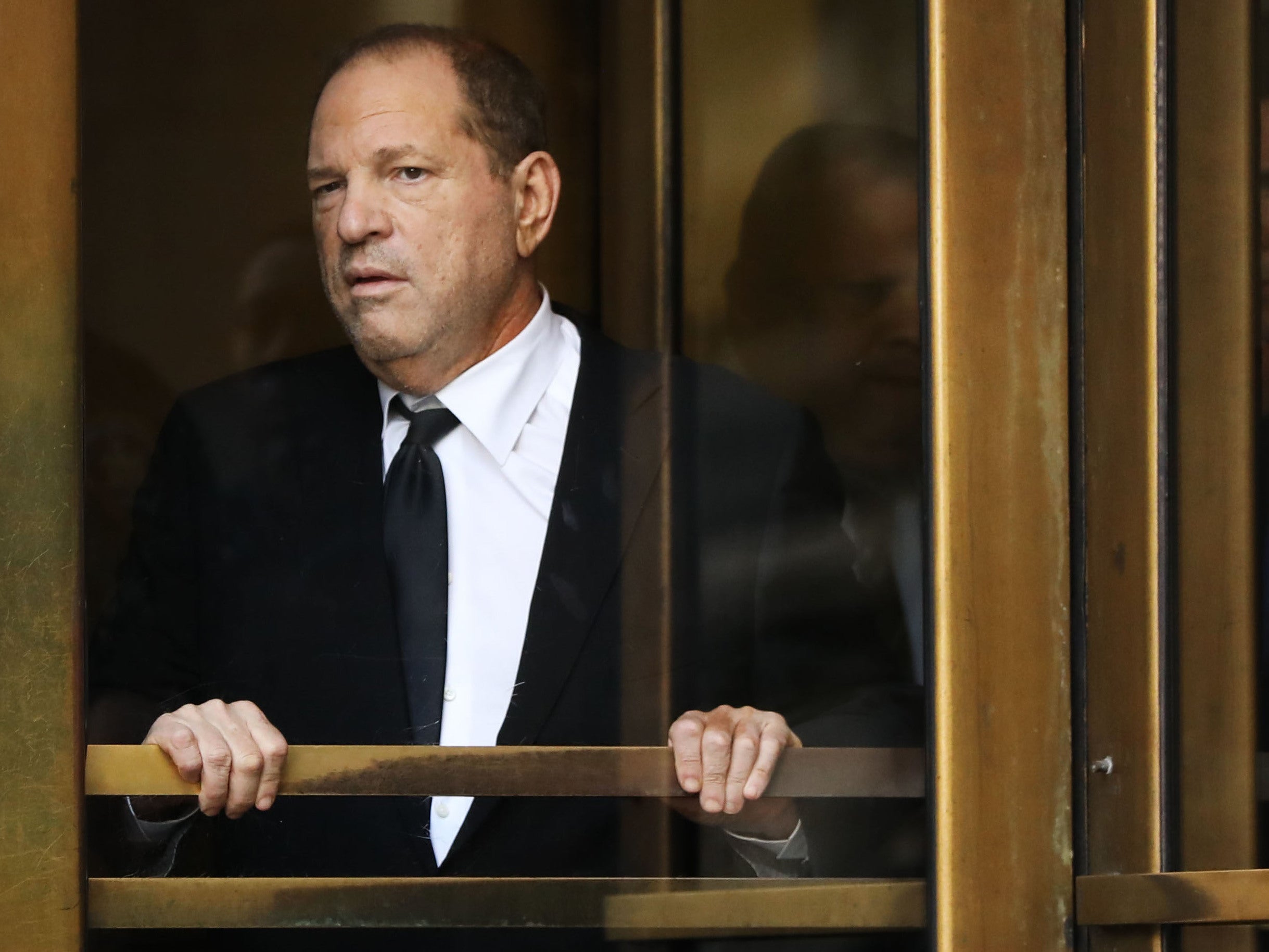Court reporting in the US and the UK couldn’t be more different — as the Weinstein trial proved
I found out firsthand that the American experience is a lot more exciting than the British one. For juries, too, the contrasts are stark


Long before my time at The Independent, I covered court cases.
I sat in on everything from magistrate court-level transgressions to murder trials at the crown court.
But when people would say how exciting it all sounded, I often felt compelled to confess that it wasn’t.
British courts were never like the TV dramas, or the American movies. It was typically a dry state bureaucracy with very little in the way of colour.
American courtrooms, it turns out, are worlds apart.
I went down to the Harvey Weinstein trial earlier this month, as one of his rape accusers took the stand. It was my first experience of a US courtroom.
The rhythm of prosecution questioning, the defence objections, and judge rulings rattled along with the pace of a David Mamet play.
The press and public watching on were vocal — there were actual, audible gasps during some of the evidence.
And the leading lawyers were louder, more imposing, charismatic and engaging than their counterparts in the UK.
There is also another key difference with the UK: how the media is allowed to cover the trials.
In Britain, once a trial is under way, details of proceedings are the only things that are allowed to appear in the news. Reports must cover that day’s events, and no more.
Background pieces on victims, the accused, or think-pieces on the charges themselves are all banned.
Here, it’s all in play. The New York Times, for example, uploaded a victim-blaming podcast mid-trial with a full interview with the prosecutor, untold numbers of past accusations against Weinstein’s character made headlines, and people freely wrote about the victims.
Newsweek even ran an opinion piece written by Weinstein’s lawyer, Donna Rotunno. In the UK, you could be potentially thrown in prison for doing any of these things.
At first, the difference can be startling, but on further consideration, the attitude is potentially inspiring.
It’s one which trusts jurors to take their civic duty seriously, and to respect the judge’s request that they avoid media coverage of a trial.
It doesn’t baby jurors by assuming that brief, accidental exposure to a news article may skew their opinions.
And the nuanced decision handed down by the Weinstein jury after several days of deliberation – convicting on some charges, but not others – suggests that the US is may indeed have the right approach.
Yours,
Dave Maclean
US Features Editor
Join our commenting forum
Join thought-provoking conversations, follow other Independent readers and see their replies
Comments